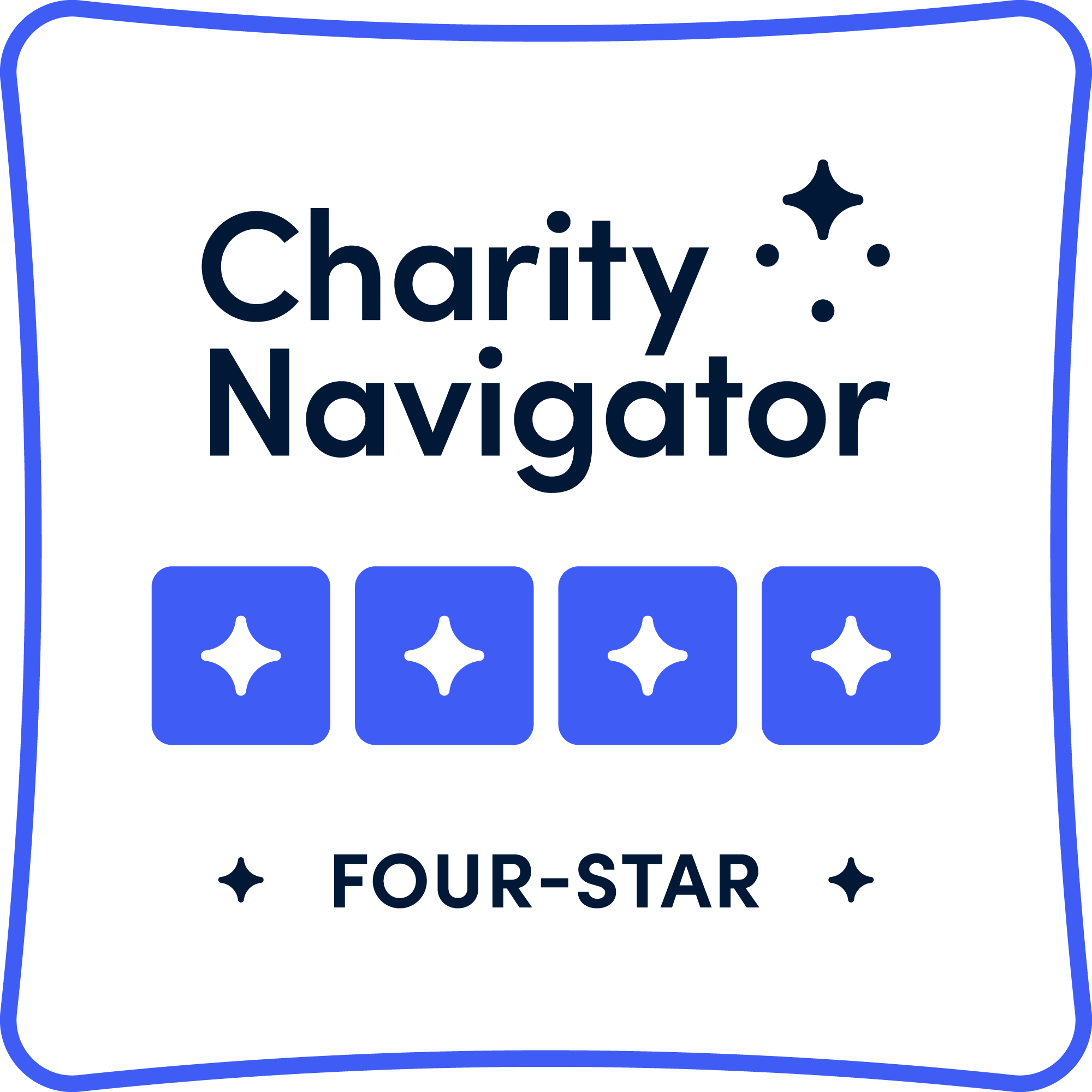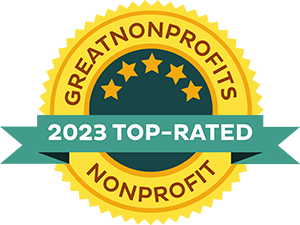Getting Ready: Top 10 Disaster Relief Volunteer Training Courses
Written by Julia Schemmer
September 23, 2020
As you prepare to join us on the next program, help the time pass faster by taking online courses to aid you in your preparation. Check out our top ten favorite free courses here!
1. Stop Disasters! Simulation
This five-hour online game helps learners understand the risks presented by natural disasters and how to apply the best methods of prevention, assessment and mitigation. Five scenarios are provided: tsunami, hurricane, earthquake, wildfire and flood. Each scenario can be experienced at different levels of difficulty (easy, medium, hard).
Why We Love It: It can be challenging at times to contextualize the experience of a disaster and what communities face with each disaster event. Understanding how we can be active in prevention, assessment and mitigation allows us to be more empathetic towards the communities we work in and understand the fears, struggles and challenges they face when an unexpected disaster hits.
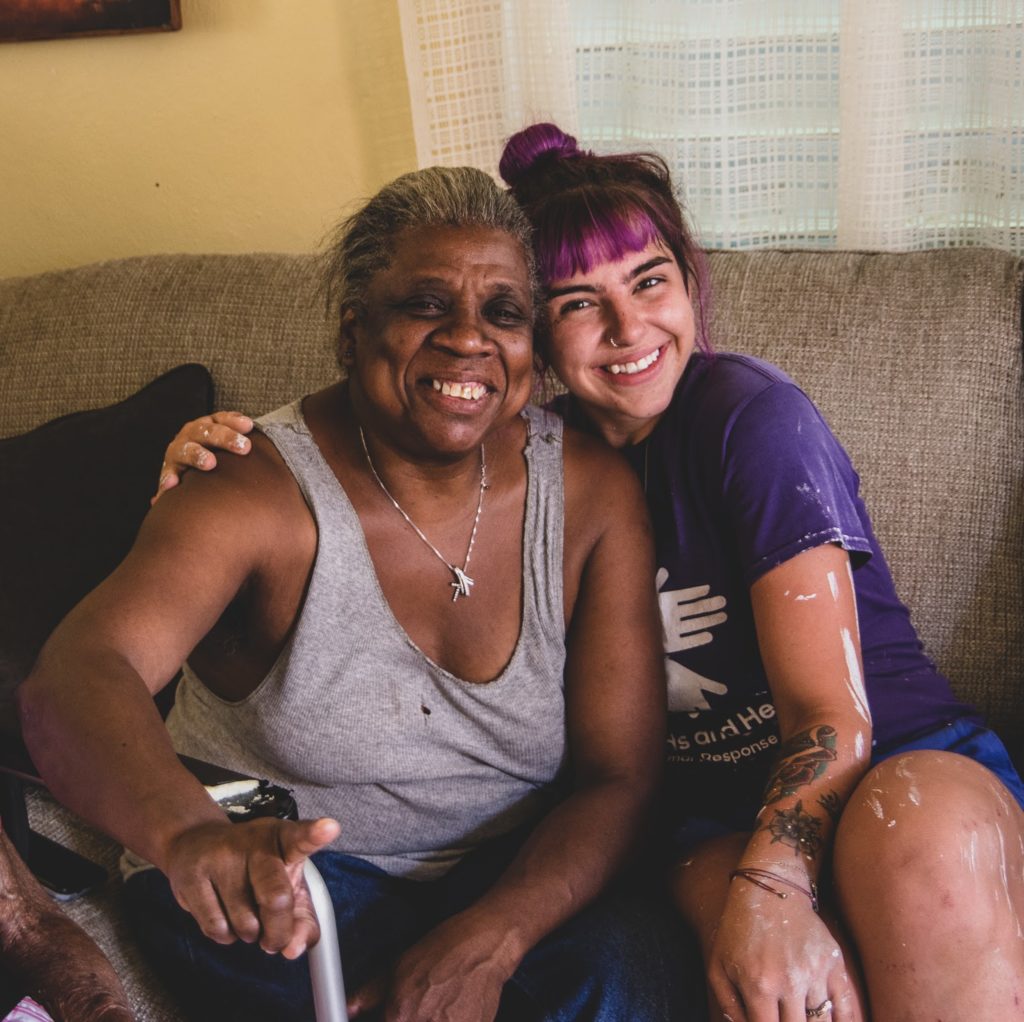
2. BEYOND RESPONSE: BETTER PREPAREDNESS FOR ENVIRONMENTAL EMERGENCIES
This three-hour curriculum provides an overview of the emergency response process, introducing learners to tools they can use for assessing environmental risks, contingency planning and preparing for emergencies at the local level. This curriculum is designed for environmental emergency responders and national disaster managers and their institutions.
Why We Love It: At All Hands and Hearts, we don’t want to just rebuild a home, we want to understand tangible ways we can mitigate the impact of the next disaster through innovative construction, community preparedness and local support. This course unpacks the foundation of building back better through practical policies and tools.
3. HOW TO GET GOOD SLEEP IN A DISASTER RESPONSE CONTEXT
In this short video, Dr. Rick Williamson provides self-care tips on how to approach sleep when working in disaster response. This video is designed for humanitarian staff and volunteers.
Why We Love It: Sometimes communal living can be an adjustment! When you live on base, it’s important to stay well-rested. This video goes over quick but effective tips to maintain your sleep patterns when working in disaster response.
4. CARING SAFELY: COMPASSION FATIGUE TRAINING
Caring Safely offers a free online course to recognize and prevent compassion fatigue. In the course, you will understand how to prevent burnout and why a trauma-informed approach is important for long-term support.
Why We Love It: Being on program can be overwhelming. Whether it’s your first time volunteering or you’re a regular, it’s never easy to see the impact of a disaster event. Recognizing compassion fatigue is critical because it allows you to identify what you need to sustain the work you’re doing. Without being conscious of what emotional fatigue looks like, we risk being burnt out and disengaged from the work we set out to do. With a healthy, balanced approach you can better honor your time on program.
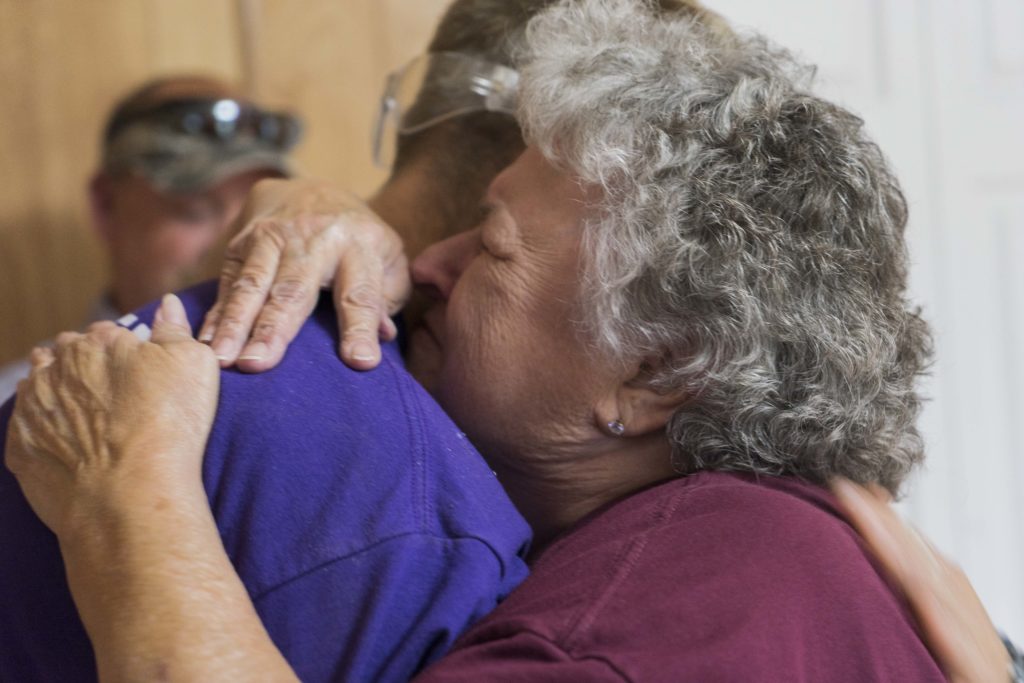
5. STORYTELLING FOR IMPACT
This free online storytelling course is packed with tools, best practices and a step-by-step narrative framework that will enable you to improve how you create and share stories. You’ll learn how to translate facts into emotions, turn the typical “I” story into a “we” story to engage your audience, craft a compelling Super Short Story for social media and apply the secrets used by storytellers such as Steve Jobs and Hollywood writers to make your story come alive.
Why We Love It: At All Hands and Hearts, we believe our stories as volunteers can inspire our community to take meaningful action. After the headlines fade about the disaster event, we’re the sole witnesses of what we have experienced, and it is important to have the skills to tell your story once you return home from volunteering. Your story can be the guiding force that inspires someone you know to sign up to volunteer or to donate towards the mission of helping communities recover. This course covers the basics of what makes a powerful story.
6. KEEPING VOLUNTEERS, WORKERS AND RESPONDERS SAFE
If you are helping to clean up, rebuild or support other response and recovery efforts after a disaster you should be informed about how you can stay safe and healthy. Watch this presentation from the CDC’s Emergency Partners Information Connection and the National Institute for Occupational Safety and Health to learn how to reduce risk from injuries, chemical exposures, environmental hazards and psychological stressors.
Why We Love It: We prioritize safety and want to ensure everyone has a positive experience while on program. In this video, you can become familiar with common procedures to remain safe, such as wearing proper personal protective equipment, and the best ways to prevent injury to self and others.
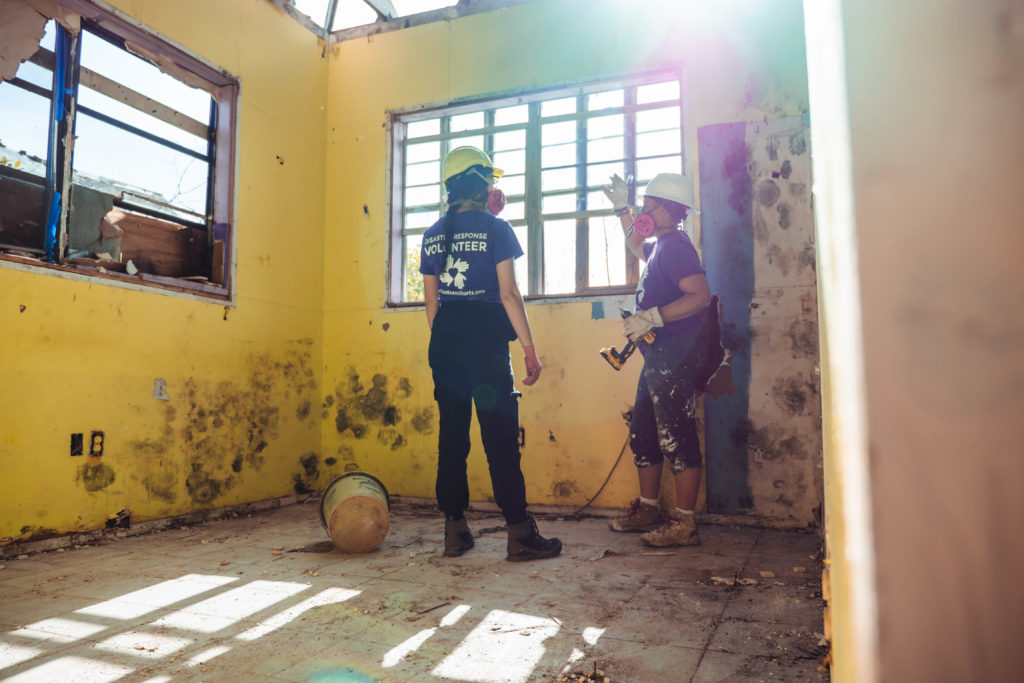
7. HUMANITARIAN ESSENTIALS
Learn the essentials of humanitarian aid by exploring the context, systems, actors, principles and standards that govern the complex and diverse ecosystem of humanitarian response. For those new to humanitarian work, these courses also offer a concise overview of the code of conduct and humanitarian principles.
Why We Love It: Disaster Ready offers over 1,000 training courses free of charge. They specifically hone in on what practical knowledge one needs to do work in the field of disaster aid and response. With such a wide breadth of resources, it can go a long way in helping to manage expectations before starting work in a disaster area.
8. NATURAL DISASTERS
In this free course from McGill, you’ll learn the science behind different types of natural disasters and our ability (or inability) to control and predict these events. This course goes over how the effects of disasters can be reduced with the correct mitigation techniques and the global impact of natural disasters.
Why We Love It: Understanding the science behind natural disasters is critical to having a nuanced approach to relief work. By understanding how disasters are caused, we can identify ways to prevent them and to mitigate their impact. This course focuses on the science of disaster as well as the interconnectedness between disaster events.
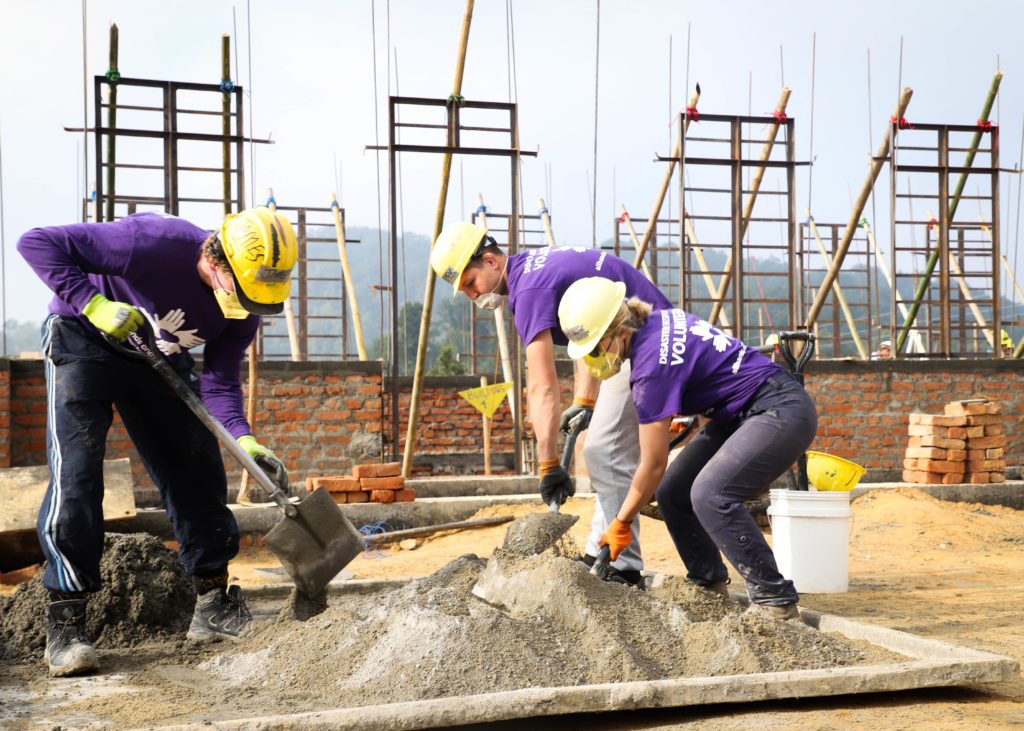
9. TEAMWORK AND COLLABORATION
In this free course from Rochester Institute of Technology, participants will understand team formation and development: building, managing and motivating teams, managing conflict and interpersonal relationships within groups.
Why We Love It: So much of what we do is accomplished because of teamwork! It takes a lot of people to aid in recovery efforts after a natural disaster, and working together in a supportive and collaborative environment is key. To best prepare you for communal living and working in teams throughout the day, check out this course to identify and improve your teamwork skills.
10. COMMUNICATION SKILLS AND BRIDGING DIVIDES
In this free course offered by Catalyst, participants will develop practical communication skills to mend divides and build a more tolerant and inclusive world. This 45-minute course unpacks tactics for bridging divides and finding common ground in conversations.
Why We Love It: Volunteers from all over the world join us on program, each with their own unique set of beliefs, experiences and backgrounds. By learning how we can foster inclusive conversation and meaningful allyship, we can make sure we are supporting each other and being effective change-agents.




